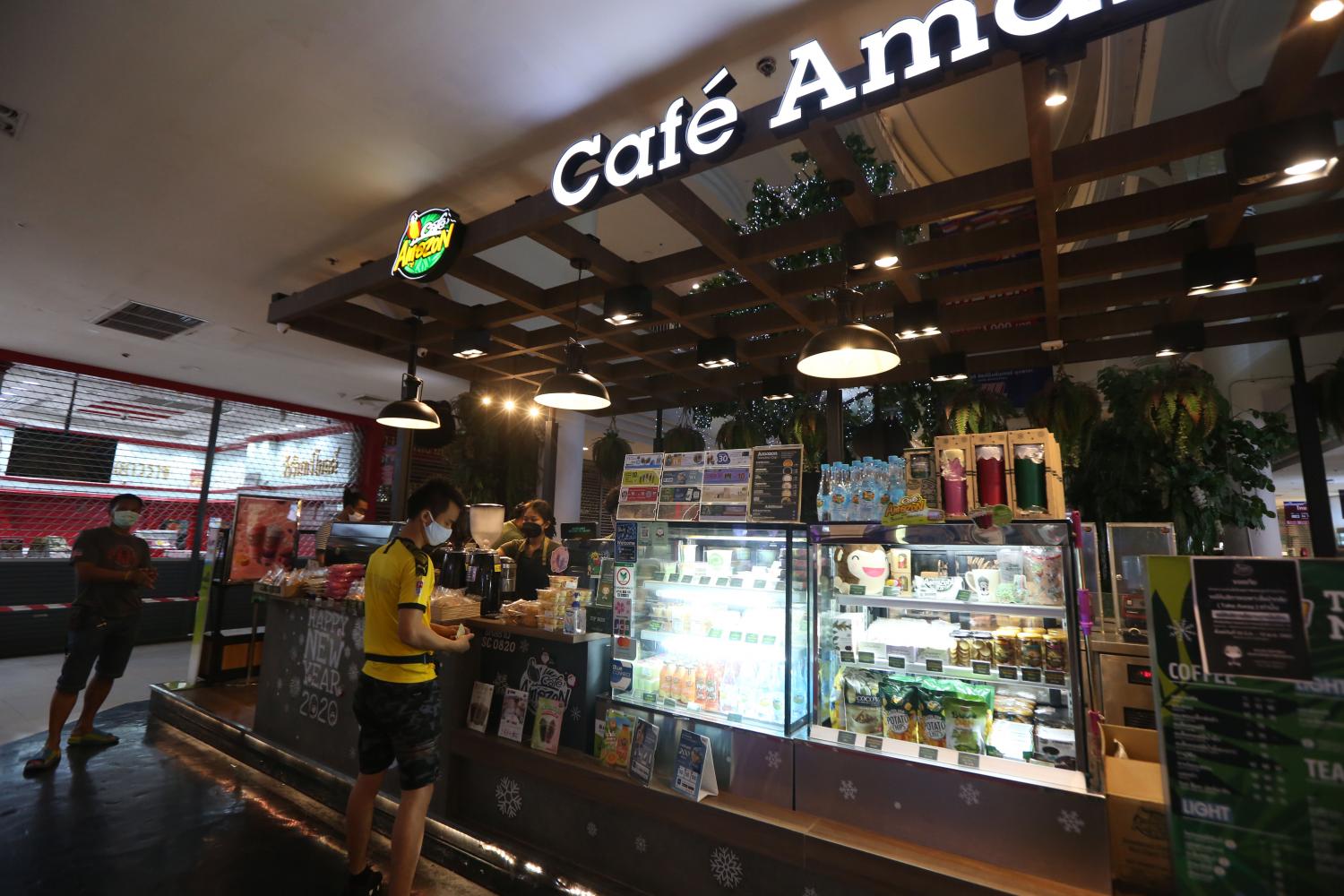
Major fuel retailers are adjusting operations in response to plummeting demand and prices caused in part by the pandemic.
When the crisis began, food businesses owned by oil companies shifted from takeaway to home delivery.
Mostly state-owned Bangchak Corporation said it plans to revise investment plans and is revamping business operations to deal with dropping prices.
Bangchak president Chaiwat Kovavisarach said the company will revise investment plans for this year to maintain more cash on hand. A new plan will be released this month.
Bangchak previously projected earnings before interest, tax, depreciation and amortisation to increase to 21 billion baht from last year's 8.71 billion baht as a result of investment.
Earlier this year, the company announced that it would invest 50 billion baht during 2020-24. Some 29.8 billion baht of the funds would be spent this year to add capacity to the renewable power generation arm, BCPG, with the remaining funds going towards retail and refineries.
The increase in cash on hand is to offset the heavy losses oil companies face because much of their oil stock was purchased when prices were higher.
"We will do whatever we can to reserve cash on hand during the collapse of oil sales and oil prices," Mr Chaiwat said.
Bangchak also operates 44 Netherlands-based Spar stores in Thailand and 600 shops of its own brand, Intanin Cafe.
Mr Chaiwat said Bangchak will continue with plans to open 400 more Intanin Cafes by the end of 2021 domestically and overseas. There are presently eight Intanin Cafes outside Thailand.
PTT Oil and Retail Business (PTTOR), wholly owned by state oil and gas conglomerate PTT, has adapted non-oil chains to home delivery services because traffic at fuel pumps has decreased significantly with many Thais working from home.
PTTOR operates food and beverage chains Cafe Amazon, Hua Seng Hong and Texas Chicken, as well as the car care service Fit Auto.
The company reported that retail fuel sales volume shrunk 20% in March from an average of 900 million litres per month in March last year.
Boonma Phonthanakornkul, senior executive vice-president for retail business at PTTOR, said sales volume in April may worsen because it will be the first full month with a curfew and people working from home.
"Although April is normally a time of long holidays and high traffic volume, the cancellation of Songkran by the government, people working from home and the curfew may cause sales to drop by 40% this month," Mr Boonma said.
PTTOR had previously planned to add 165 stations, up from 1,894 at the end of last year, but will likely revise the plan as the fallout from the pandemic worsens.
Mr Boonma said that if the outbreak in Thailand reaches its third stage, the drop in fuel sales volume will be comparable to the subprime crisis in 2008.
SET-listed PTG Energy, the owner of the PT chain, said investment plans may be revised if the outbreak worsens.
PTG president Pitak Ratchakitprakarn said the firm previously planned a record-high 5-billion-baht investment budget this year.
About 3.9 billion baht would go towards expanding oil facilities from oil pumps to oil inventory, 600 million baht would go to the non-oil segment and the remaining 500 million baht would go to new businesses.
Mr Pitak said PTG plans to expand to 2,500 stations by 2022 from the 2,027 at the end of last year.